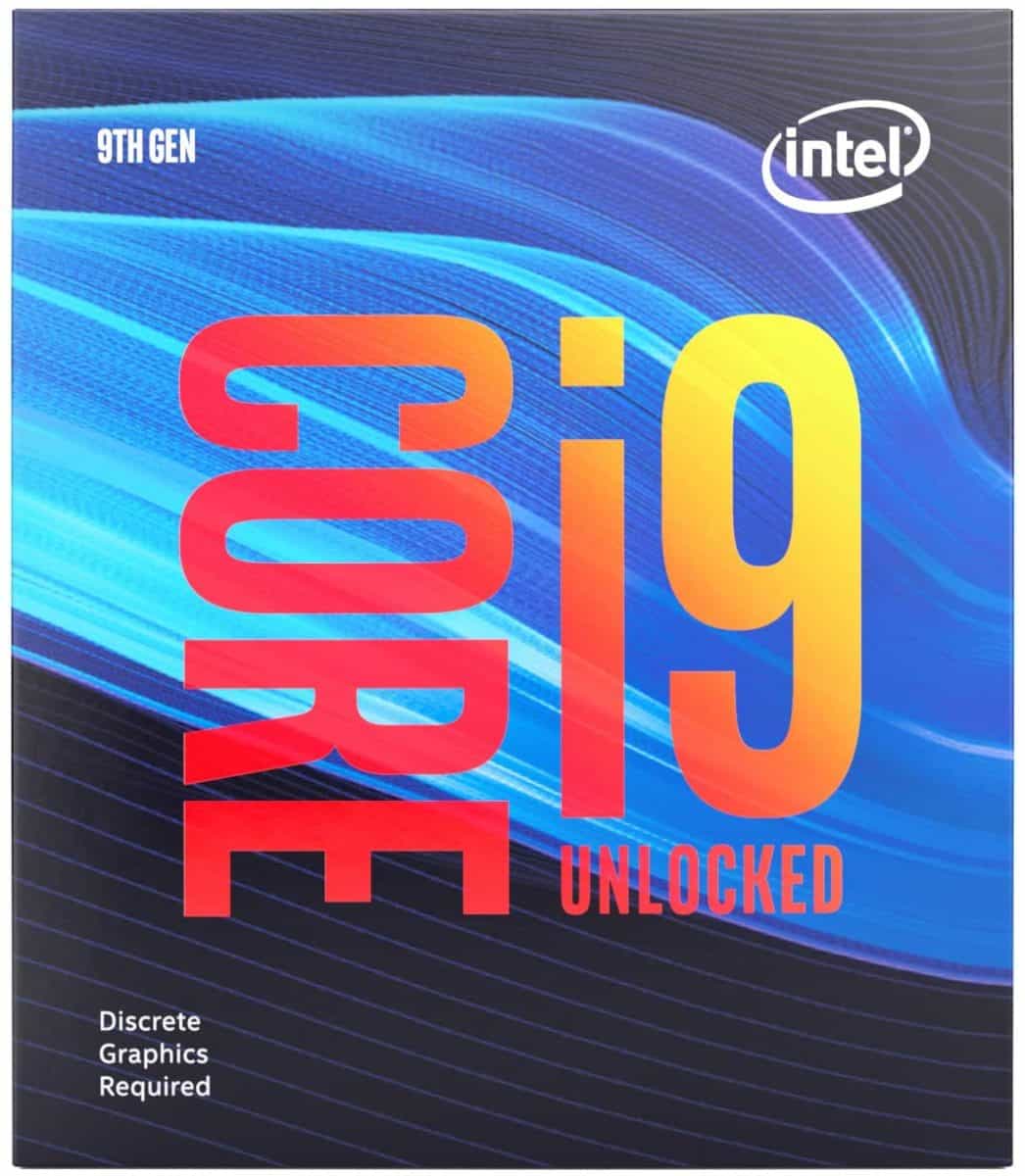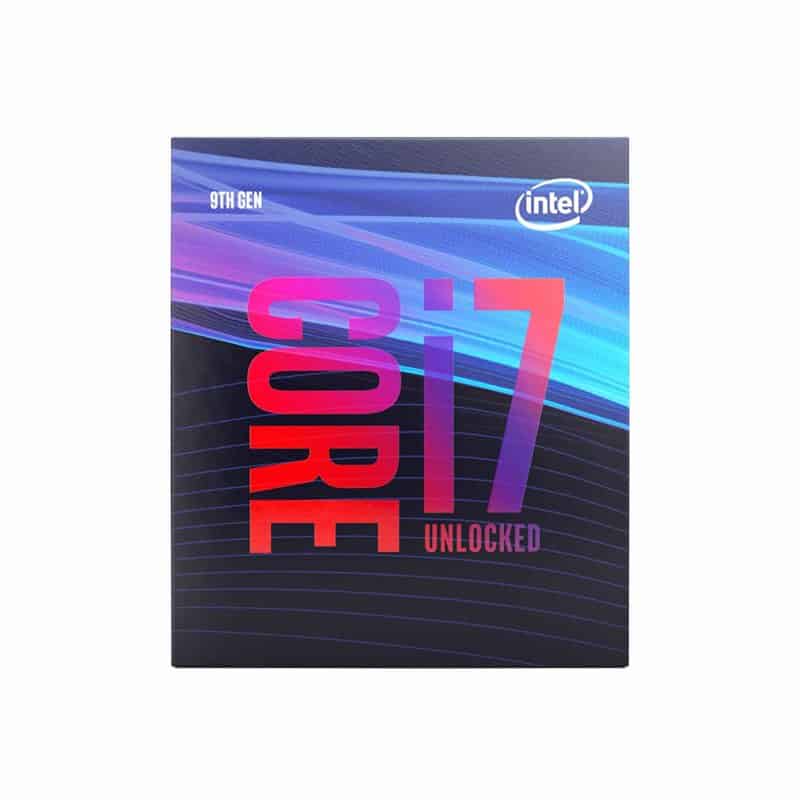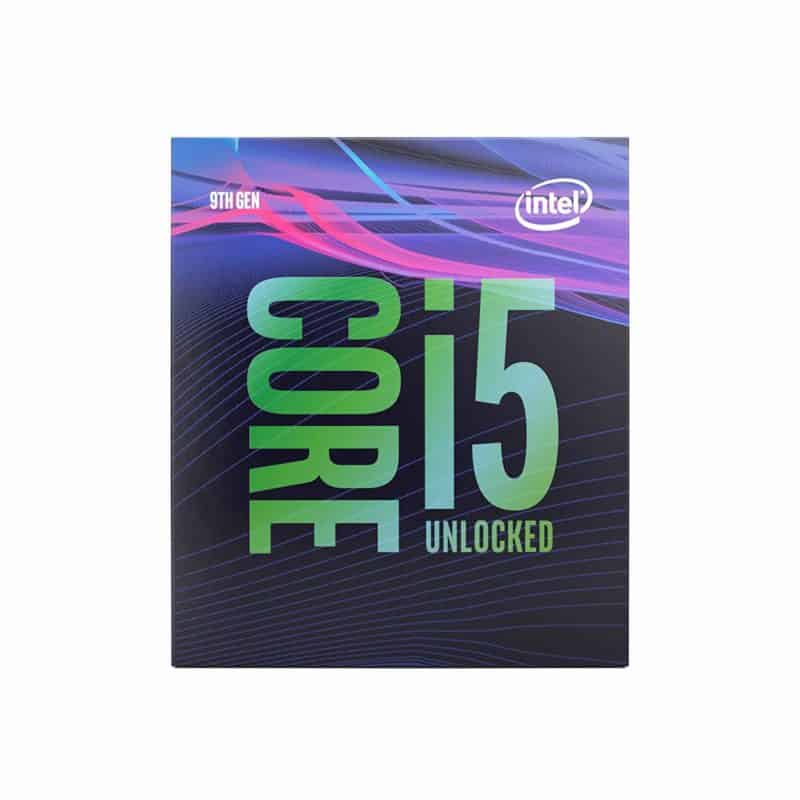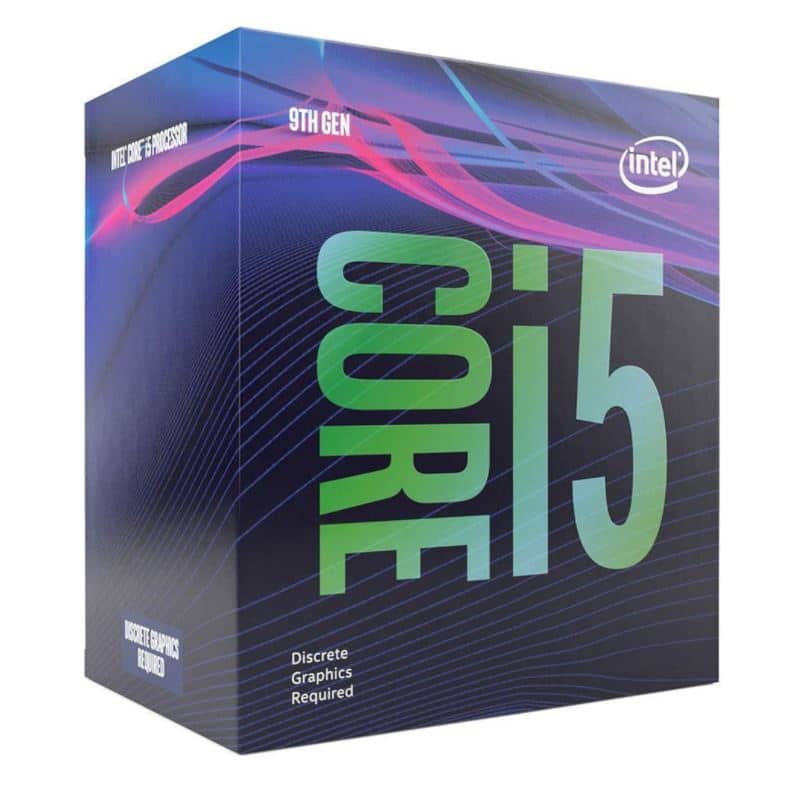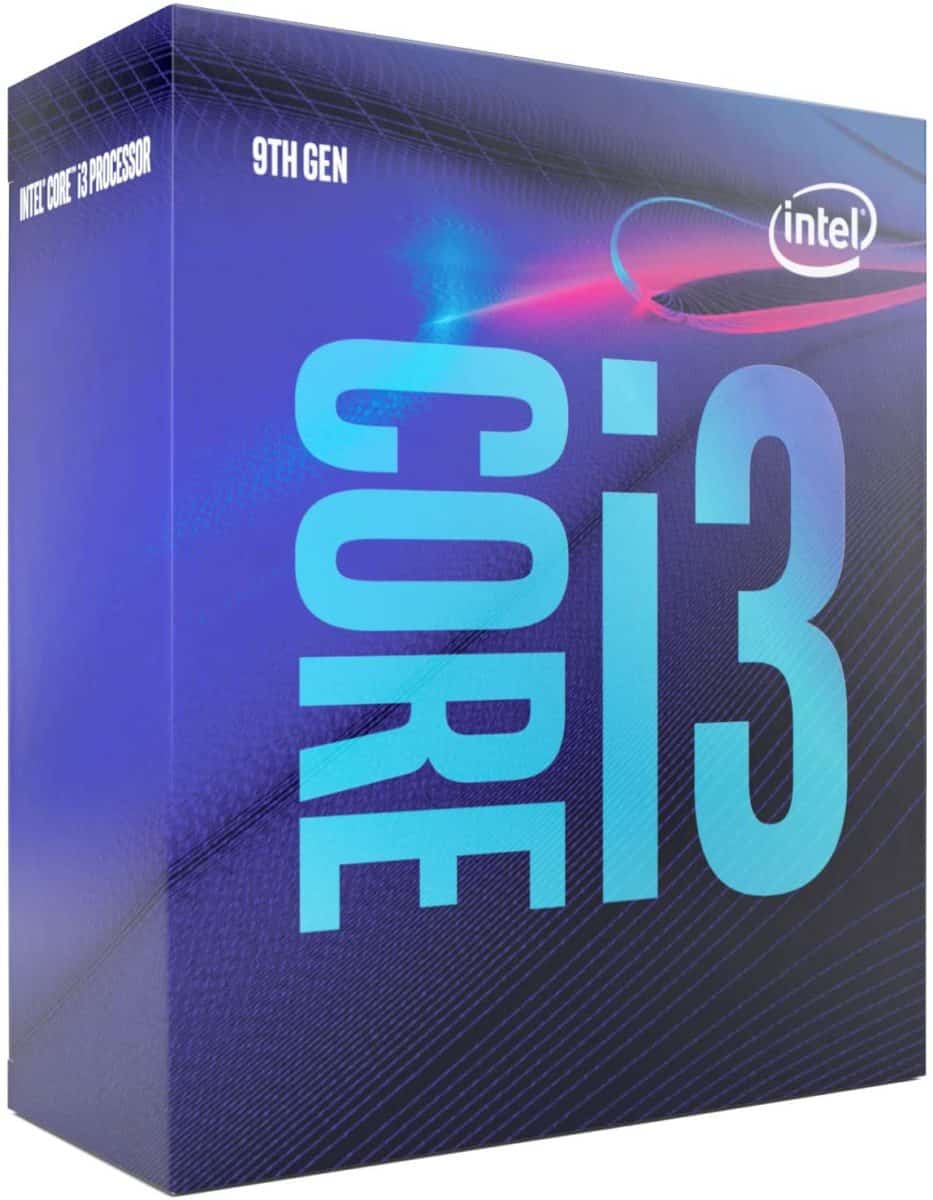Best LGA 1150 CPU
Sometimes it’s Best to Leave the Past in the Past
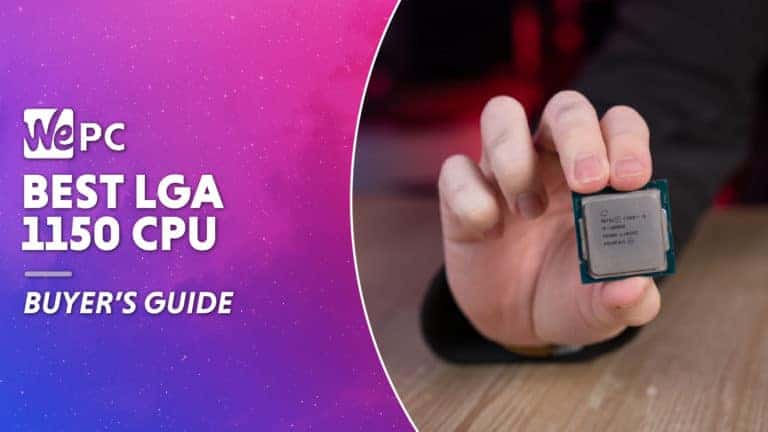
We had a blast with our LGA 1150 motherboards and CPUs. They gave us some of the best gaming experiences of our lives, but as is the case with all gaming hardware, they were never meant to be a permanent fixture in our builds. They were stepping stones we’ve long since skipped over, and now, unfortunately, they’re sinking into obscurity.
Not only does LGA 1150 not support any hardware released in the last half-decade, but they’re also completely discontinued. The only way to source them is to gamble on a ‘refurbished’ model, and you never know what sort of state they’ll show up in. They could work for 2 minutes or two years. There’s just no way of knowing.
In light of this, we’re politely drawing your attention to the next socket in line, the LGA 1151. This is one of the most flexible socket types in Intel history, capable of supporting Sky Lake, Kaby Lake, and Coffee Lake CPUs. It’s going to be relevant for years to come, so let’s take a look at the best LGA 1151 CPUs in the business.
Our Top Picks

Best LGA 1150 CPU
In-depth Review


Intel Core i9-9900KF

Intel Core i9-9900KF
The Intel Core i9-9900K is still considered by a huge amount of gamers to be one of the best CPUs ever made, and we totally agree. Firstly, it’s an insane gaming CPU. Pair it with something like the GTX 1080 Ti or RTX 2080, and you’ll only ever see a fractional bottleneck.
Featuring eight hyperthreaded cores, it’s also capable of supporting incredibly challenging parallelizing workflows, so if you’re looking for a jack of all trades kind of CPU, this is undoubtedly the one you need.
Clock speeds don’t disappoint either. The base clock runs at a very respectable 3.6Ghz. That’s a high enough frequency for modern gaming on its own. The 5GHz Turbo Boost rate is just a brilliant show of power that ensures no matter what your workflow looks like, it never feels anything other than silky smooth.
The 9900K is a real diamond for overclocking, but we’d be remiss if we didn’t mention how hot this thing can get. If you plan on doing some manual tweaking, you’ll need one of these

Intel Core i7-9700K

Intel Core i7-9700K
The i7 9700K is the fastest LGA 1151 CPU for gaming, period. That’s not our opinion, it’s just a fact. The truth is you just can’t beat a single-threaded performance when it comes to gaming, and this thing has 8 of them.
There’s no need to mourn the loss of hyperthreading either, as an octa-core processor is more than capable of supporting most standard multitasking. This means you’ve got the go-ahead to throw on some music, maybe download an album or open a bunch of tabs. It won’t ruin your gaming experience.
One of the reasons the 9700K is so amazing is the clock speed. Turbo Velocity Boost pushes it to 0.1GHz behind the capacity of the much more expensive 9900K, and it has the exact same 3.6Ghz base frequency too. One thing’s for sure, you’re never left waiting around with this CPU.
Built using the same Coffee Lake architecture as the 9900K, it should come as no surprise that this CPU can be pretty fiery too, so you may want to think about investing in an AIO thermal solution.

Intel i5-9600K

Intel i5-9600K
We love our top two i9 and i7 picks; they’re awesome, but the truth is that the i5-9600K is the perfect CPU for most gamer’s needs. Let us tell you why…
The six single-threaded cores facilitate super high frame rates in both 1080p and 1440p resolutions, so as long as you’ve got something along the lines of a GTX 1660 Ti or RTX 2070, even demanding, fast-paced games play buttery smooth.
Obviously, it’s not got the multitasking chops of the i7 or i9, but that doesn’t mean you can’t mix it up a bit with a hefty selection of tabs and some music and whatnot. It just means that your 3D animators and other creatives will need something a little more capable.
The clock speeds of this unassuming CPU are excellent. The 3.7GHz base clock has both the i7 and i9 beat, and flicking on Turbo Boost lifts it to a maximum 4.6Ghz. With the standard for gaming falling between 3.5 and 4GHz, the i5-9600K is more than you’ll need for years to come.

Intel Core i5 9400F

Intel Core i5 9400F
This is a somewhat controversial pick for gaming because the base clock speed rests at a pretty lackluster 2.9GHz, but you can push that to 4.1GHz using Turbo Boost. Intel switches up the graphics card for a fan, but to get the best performance out of it, you’ll need to pair it with a quality aftermarket air cooler (AIO probably isn’t worth it) and make sure Turbo Boost stays on in the BIOS.
Despite the iffy base clock, the i5-9400F doesn’t disappoint on the core front, featuring six super-fast single-threaded cores that work incredibly well with mid to high-tire graphics cards like the GTX 1660 Ti.
It features a slightly diminished 9MB Intel Smart Cache that does bring overall processing performance down, but it’s definitely not noticeable during gameplay. As it’s an F-Series chip, manual overclocking is off the table, even with a Z-Series board, but it’s more geared towards cheaper builds and H370 mobos anyway.
Intel Core i3-9100
Intel Core i3-9100
Quad-core isn’t dead just yet, and the Intel Core i3-9100 is evidence! This processor doesn’t just get by, it’s a fully-fledged gaming monster. That’s about all it’s good for, but if that’s all you want, forget about all the other flash stuff further up the list, this is the chip for you.
Even though this is an entry-level LGA 1151 CPU, peak frequencies are unreal! The base clock starts at 3.6GHz, so you can run all your favorite games smoothly without even turning on Turbo Boost in the BIOS. If you did need to push it for maximum frames and loading times, you can hit 4.2GHz
What’s more, if you’re making the transition from LGA 1150, the 9100 acts as the perfect bridge. It’s affordable, allowing you to split your funds between CPU and motherboard, it’s way quicker than any LGA 1150 CPU you’ll have used, and it only draws 65 watts, so you won’t have to fork out for a new PSU.
Final Word
Whether we like it or not, LGA 1150 is a sinking ship, and although we all feel a hint of the Captain’s obligations to go down with it, we assure you, you shouldn’t. Playing old games will eventually get, well…old, so why not treat yourself to one of these LGA 1151 CPUs and start having fun again.
You’d just need to read the box to understand why the 9900K is the best LGA 1151 CPU overall. The eight hyperthreaded cores make it an incredibly versatile processor capable of most modern computational applications, gaming being just one of them. If that’s overkill for your needs, the i7-9700K is a gaming powerhouse and comes without quite as much multitasking potential.
We think the i5-9600K has the widest appeal of all our picks because it sits right in the middle of the pack. It’s a brilliant gaming CPU and it has plenty enough processing power to support leisurely multitasking.
The i5-9400F offers a similar sort of performance for gaming and general use, but it can’t be overclocked, so it’s not worth pairing with a Z-series motherboard. It’s for those who just want to sit down and game already.
Last but not least, we have the game-minded monster, the i3-9100. If you already have a laptop for work and general usage, this is the perfect standalone gaming CPU for a quality desktop build.

